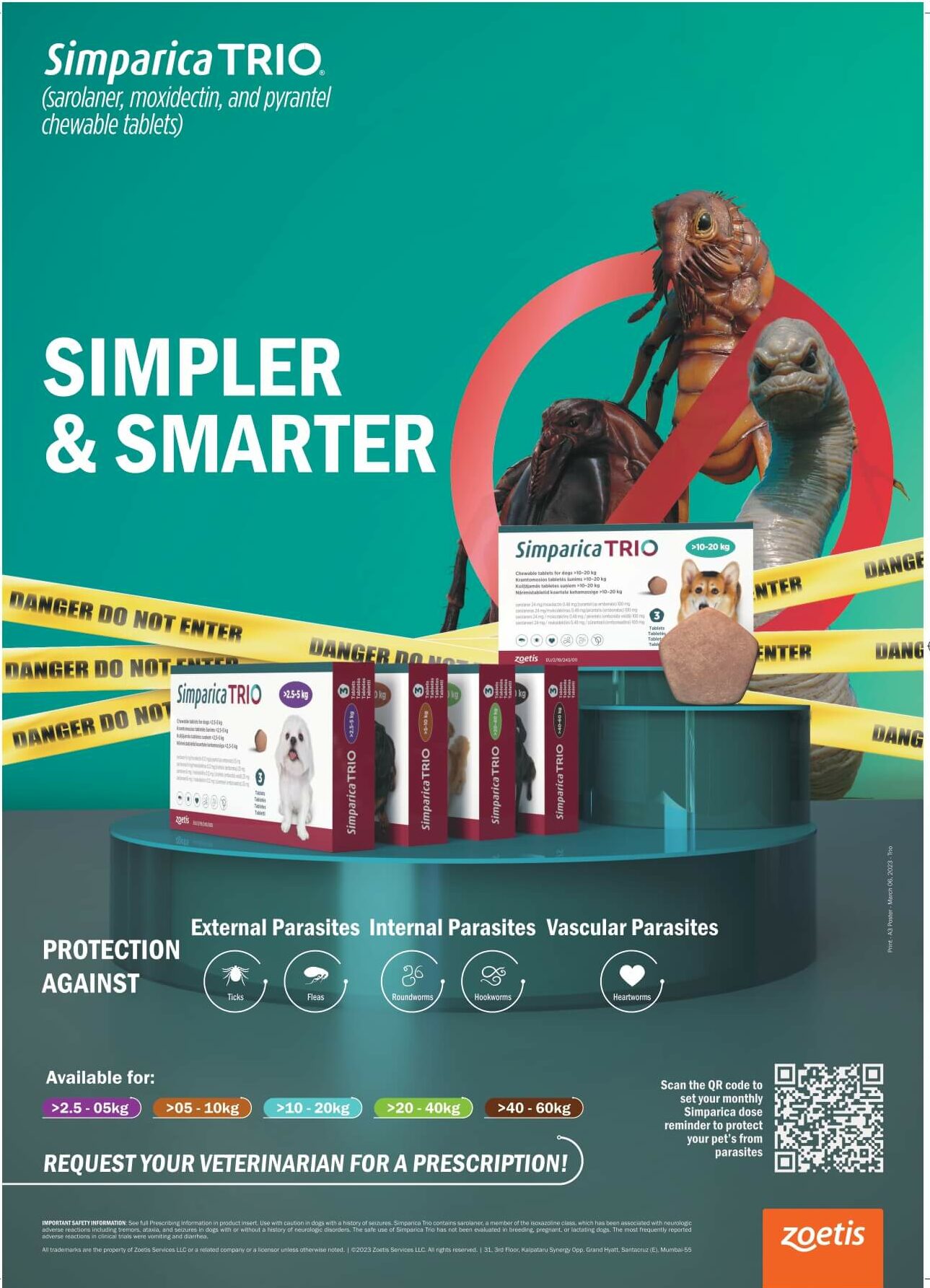Researchers are testing the therapeutic vaccine on dogs with the hope that trials could progress to humans.
London, April 26, 2019: Fifteen Danish dogs with advanced cancer are to receive a new type of therapeutic vaccine which, it is hoped, will rid them of the disease and pave the way for human testing.
Unlike preventative vaccines, therapeutic vaccines are not used to prevent someone from getting a disease but rather to support an immune systemthat is already fighting an invader. This one should trick the dogs’ immune systems into thinking they are under attack by a virus and stimulate a response.
The work is part of international effort to harness the vigorous response that immune systems mount against viruses and redirect it to deal with other types of attack – by bacteria, parasites and some types of cancer. The research is led by Professor Ali Salanti, translational microbiologist at the University of Copenhagen, Denmark and stems from work in a variety of projects including PLACMALVAC.
His team, and others around the world, were intrigued with the success of a new vaccine against cervical cancer and teamed up with Dr. John Schiller from the US National Cancer Institute, who helped develop the vaccine, to explore why it worked.
Cervical cancer is caused by a virus and the vaccine consists of the shell of the virus – known as a capsid – emptied of its genetic material to make it harmless. The capsid is enough to trigger the immune system to build lifelong defences against the infection and therefore to cervical cancer.
Most cancers are not caused by viruses, but both carry markers on their surfaces, known as antigens, which trigger the immune system to make antibodies with which to fight them. However, the problem is that tumours also deploy a range of tactics to evade the immune system and often the body’s response is too weak to attack them effectively.
Prof. Salanti’s group has patented a way of making capsid-like particles from proteins, which can be used to carry molecules such as antigens into the body. To test whether this approach could help against cancer, Prof. Salanti and his team recreated markers found on breast cancer tumours in mice and joined them to the capsid-like particles. They then injected this compound into mice that had been genetically modified to have breast cancer. The mouse immune systems responded as if they were under viral attack, the tumours shrank and, in some cases, disappeared.
(Story by Horizon)
To read more, subscribe to Buddy Life!










 " >
" >
 " >
" >